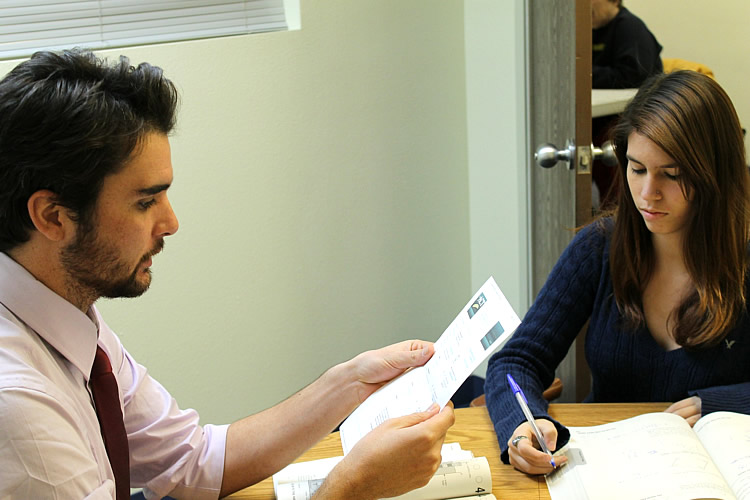
By Gary Burgess, special to Statehouse Report | Efforts at K-12 public education reform has not produced appreciable improvement in the academic achievement of public school students regardless of the amount of money spent.

We cut out recess. We added recess back. We cut out field trips and we added field trips back. We stressed neighborhood schools. We increased the requirements for persons wanting to teach, we added requirements for students to be promoted and we added requirements for graduation. We increased testing; we decreased testing. We required training for boards. We focused on parenting. We increased the requirements for attending to students with special, social and medical needs. We increased school security. And we added more co- and extracurricular activities; we augmented teacher’s salaries; we created more parental and community boards; we emphasized technical education; and we implemented Read to Succeed. Still, we are no further along in K-12 public-education in South Carolina than we have been.
It’s like sending a kid to a reformatory and expecting that child to be reformed. Reform is not likely to happen because the environment is antithetical to reform. The current system of public schooling is antithetical to educating the masses. Our schools are great at schooling but mediocre at educating. Here are some examples in the current House-approved bill.
- Read to Succeed: Our students are less literate after spending millions, according to National Assessment of Educational Programs (NAEP). How many reading assessments, reading coaches and reading specialists are needed to teach a child to read?
- Mandating parental orientation focused on valuing an education.
- Not allowing students with enough credit to graduate to graduate at the end of their junior year.
- The state superintendent not immediately turning over low-performing schools to organizations with a proven record of academic achievement to reduce the academic harm to students and the burden on taxpayers.
- Not consolidating districts with less than 1,500 students if their students have done well on standardized tests. (Consolidation should be about economies of scale and saving money, not about how student groups have historically performed on standardized test.)
- Holding school board members criminally accountable, personally and collectively, and requiring boards to be trained in budgetary matters, and how to effectively evaluate the curriculum and instructional program in districts they have been elected to oversee. The South Carolina School Boards Association and state Superintendent of Education Molly Spearman must be directed by the General Assembly to stop with their ill-advised mantra — boards hire a great superintendent and get out of the way.
It is my hope that the current bill lives up to its charge; however, unless those who are the real power brokers in South Carolina design a K-12 public education system where all children can learn, regardless of the “tribe” they belong to, our great state will continue to be ranked among the lowest-performing states academically with regard to public education. National tests, which are both reliable and valid, such as the ACT, SAT and NAEP, will continue to reveal that effort and money will be spent in vain if we do not re-design our public education system to place all children in high-quality curricula and instructional programs from the time they enter the schoolhouse door until they graduate.
We know who the children are who academically anchor South Carolina down to the bottom of the national K-12 public education barrel. Do we have the moral courage and the political will to stop scapegoating those students and their communities and do what is necessary for their success? The correct answer to that question is the key to a vibrant future for South Carolina. Money is needed, but money is not the answer!
Gary L. Burgess Sr., a Republican who lost in an eight-way 2014 GOP primary that included Spearman, is a member of the Anderson County Board of Education.
- Have a comment? Send to: feedback@statehousereport.com..















 We Can Do Better, South Carolina!
We Can Do Better, South Carolina!